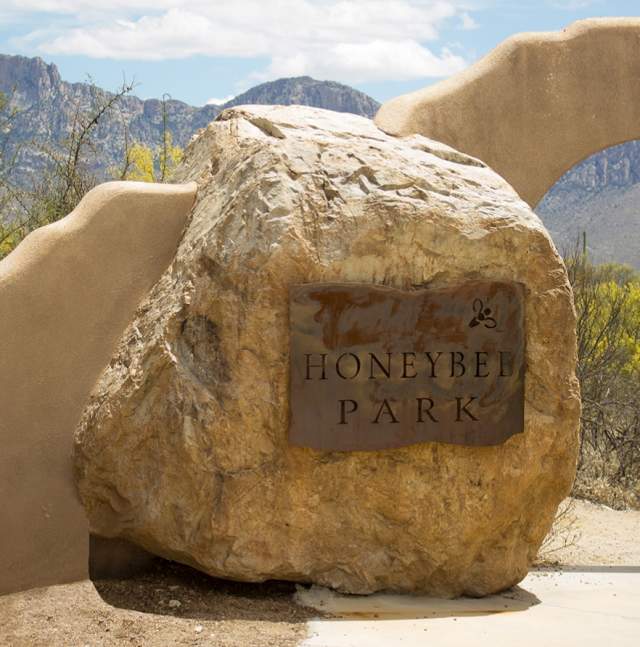Tortolita Mountains
The Tortolita Mountains border the northwest edge of the Tucson valley, near the towns of Oro Valley and Marana. The smallest of Tucson's mountain ranges, the Tortolitas feature rugged peaks, gullies, canyons and alluvial fans, with rocky soil and vast stands of cacti. Located here is Honeybee Canyon, a riparian area with one of Pima County's only perennial streams. Much of the mountain range is protected land within the Tortolita Mountain Park.
Honeybee Canyon (North) Trail - This short, easy hike (2-mile round trip) winds along a dry riverbed, with nice views, tall cacti, and interesting rock formations.
Wild Burro Trail - This trail is the gateway to a larger network of trails, including the Upper Javelina and the Wild Mustang, in the eastern Tortolita Mountains. Initially, the Wild Burro Trail weaves in and out of a dry riverbed before getting slightly more rugged for a moderate, 7.12-mile round-trip hike.
Permits & Maps
Stop by a hiking-camping supply store to purchase a map or hiking guide or to contact local hiking groups and organizations for suggestions. The Summit Hut and Southern Arizona Hiking Club are good places to start.
Hiking permits are required for some areas and can be obtained from Coronado National Forest.





